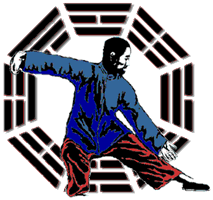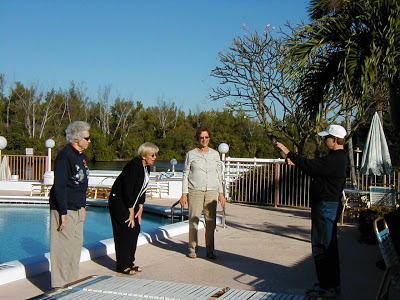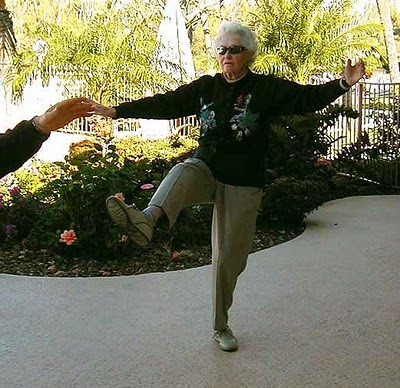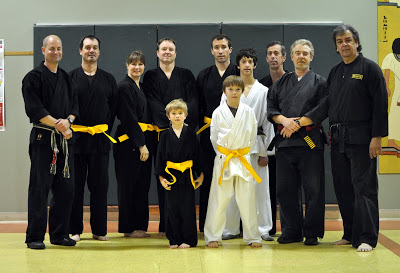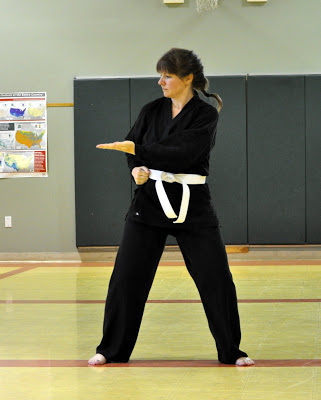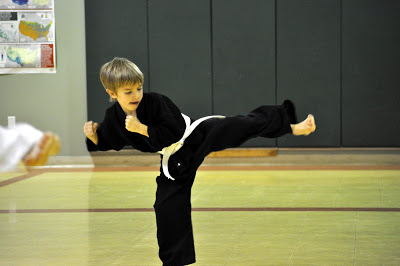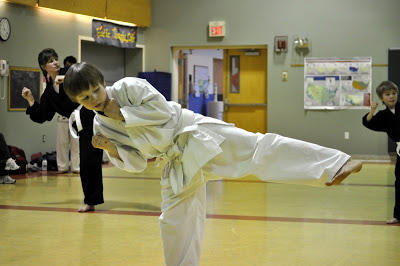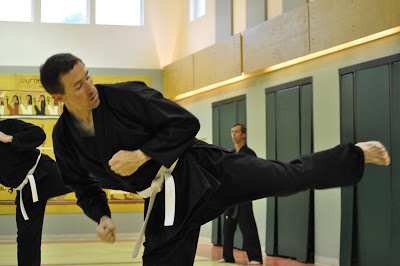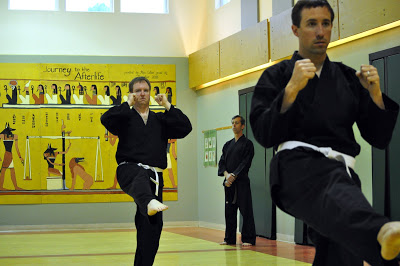Blog
The “Flow” definition by Havard Medical School Health Publications
How do you know if you’re in flow?
You lose awareness of time. You aren’t watching the clock, and hours can pass like minutes. As filmmaker George Lucas puts it, talent is “a combination of something you love a great deal and something you can lose yourself in—something that you can start at 9 o’clock, look up from your work and it’s 10 o’clock at night … .”
You aren’t thinking about yourself. You aren’t focused on your comfort, and you aren’t wondering how you look or how your actions will be perceived by others. Your awareness of yourself is only in relation to the activity itself, such as your fingers on a piano keyboard, or the way you position a knife to cut vegetables, or the balance of your body parts as you ski or surf.
You aren’t interrupted by extraneous thoughts. You aren’t thinking about such mundane matters as your shopping list or what to wear tomorrow.
You are active. Flow activities aren’t passive, and you have some control over what you are doing.
You work effortlessly. Flow activities require effort (usually more effort than involved in typical daily experience). Although you may be working harder than usual, at flow moments everything is “clicking” and feels almost effortless.
